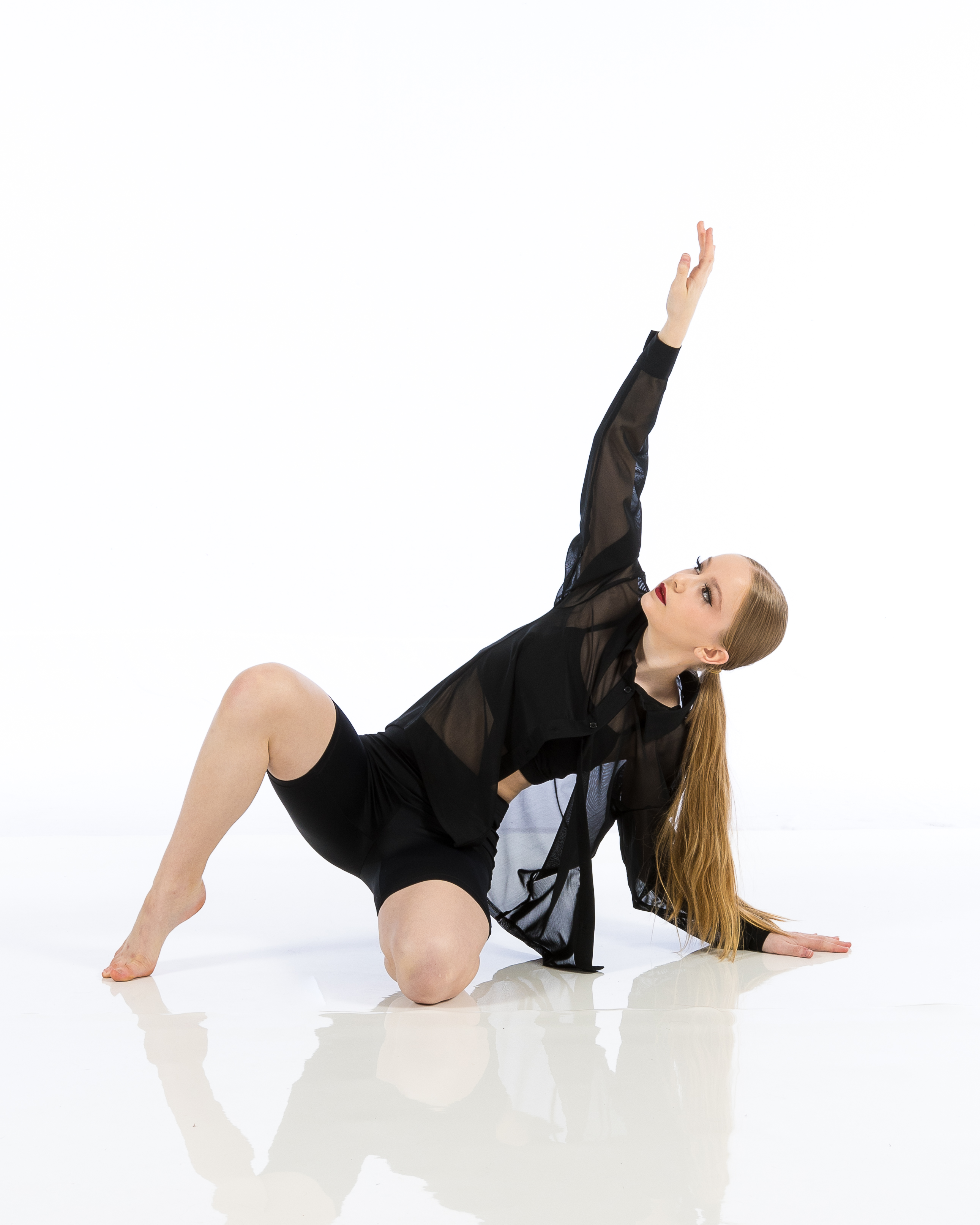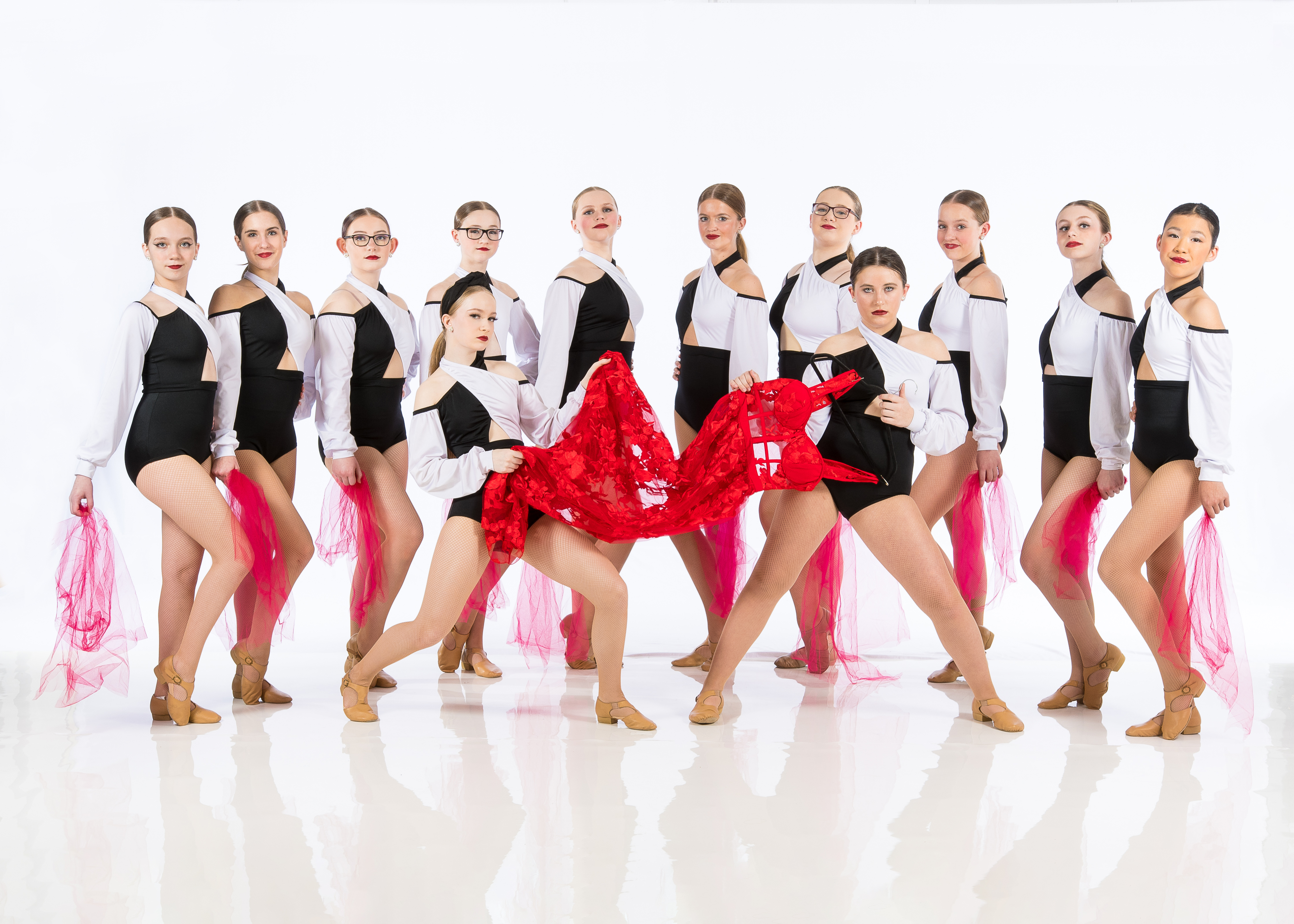Introduction
Stepping into a dance studio for the first time is an electrifying experience, one that can stir a cocktail of feelings-- enjoyment, uneasiness, anticipation. Whether you're a skilled dancer or simply starting your journey, understanding the nuances of dance studio decorum can elevate your experience and improve your relationships with instructors and fellow dancers alike. In this comprehensive overview, we'll dive deep into Mastering Dance Studio Etiquette: Crucial Tips for Beginners and Pros Alike
From fundamental regulations to advanced considerations, this article will certainly cover everything you require to learn about navigating the vibrant world of dance workshops. So tighten up those shoelaces and allow's obtain started!
The Value of Dance Studio Etiquette
Why Decorum Issues in Dancing Studios?
In any artistic setting, etiquette plays an essential duty in preserving consistency and regard amongst participants. Dancing studios are no exemption. Great etiquette cultivates a favorable atmosphere where imagination can flourish.
- Respect: Being thoughtful towards trainers and fellow professional dancers builds shared respect. Focus: Etiquette reduces interruptions, enabling everybody to focus on learning. Community: Rules aids develop an encouraging neighborhood that urges growth and camaraderie.
Common False impressions About Dance Studio Etiquette
Many beginners hold misconceptions about what makes up ideal behavior in dance workshops. Allow's debunk some myths:
- Myth 1: "Only sophisticated dancers require to adhere to decorum." Fact: Etiquette is vital for all degrees; it mirrors professionalism. Myth 2: "Instructors are also strict regarding rules." Fact: Instructors enforce rules to preserve order and respect.
Basic Dance Studio Decorum for Beginners
Dress Code: What to Wear?
First perceptions matter! The ideal clothing not only mirrors your commitment but also enhances your efficiency. Here's how to dance academy instructors clothe properly:

- Comfort: Pick garments that enable cost-free movement. Footwear: Invest in good-quality footwear matched to your dancing style.
|Dancing Design|Advised Clothing|| -------------|-------------------------|| Ballet|Leotard, tights, ballet slippers|| Hip-Hop|Loose-fitting apparel, tennis shoes|| Faucet|Comfortable clothes, faucet footwear|
Arriving on Time: Preparation is Key!
Being late can interrupt the whole class. Objective to get to the very least 10 minutes early to:
- Warm up. Settle in mentally.
Tip: If you're running late because of unforeseen scenarios, educate the instructor beforehand.
Quiet Zone: Maintaining Silence Before Class
Dance studios grow on emphasis. Maintain conversations to a minimum prior to course starts to make certain everyone can prepare mentally.
Intermediate Dance Studio Rules: Structure Relationships
Respecting Individual Space in Class
Every professional dancer deserves their space during practice sessions. Prevent crowding others while exercising relocations or routines.
Why It Issues: Respecting personal area promotes convenience and facilitates better discovering experiences.
Listening Proactively Throughout Instructions
When a trainer is speaking, it's important to pay attention. Active listening demonstrates respect and helps you grasp vital concepts.
How To Program Active Listening:
Maintain eye contact with the instructor. Nod when appropriate. Ask making clear inquiries if needed.Advanced Dance Studio Etiquette: Elevating Your Experience
Providing Useful Responses Wisely
As you grow extra skilled, sharing responses enters into the society. Nonetheless, technique this delicately:
Focus on certain movements instead of general critique. Offer recommendations just if obtained by peers.Encouraging Others: Building Area Spirit
Support your other professional dancers with encouragement:
- Compliment their efforts genuinely. Celebrate their accomplishments openly.
Mastering Dance Studio Rules: Important Tips for Beginners and Pros Alike-- The Teachers' Perspective
Understanding Trainer Expectations
Instructors usually have certain assumptions concerning habits in class. Familiarizing on your own with these can significantly improve your understanding experience:
Listen diligently when they speak. Follow instructions precisely. Give your best shot during every session.Building Relationship with Your Instructor
Establishing a good relationship with instructors can be useful for your growth as a professional dancer:

- Ask inquiries associated with choreography or method after class. Thank them for their guidance post-class; gratitude goes a long way!
Handling Dispute Beautifully in the Dance Studio Environment
Dealing with Disagreements Among Peers
Conflicts might arise within any kind of group setting; understanding just how to manage them with dignity is important:
Approach the individual privately without rising tension. Use "I" statements rather than "you" statements (e.g., "I felt ignored when ...").Addressing Problems with Instructors Professionally
If you have worries concerning direction or class characteristics:
Request a private meeting after class hours. Express your feelings constructively focusing on remedies rather than complaints.The Role of Non-Verbal Interaction in Dance Studios
Understanding Body Language Signals
Dance naturally entails non-verbal interaction; understanding how body language features in this context is crucial:
Positive body movement (e.g., open posture) promotes connection. Negative signals (crossed arms) may communicate defensiveness or disengagement.Using Eye Get in touch with Successfully During Classes
Maintaining eye contact with teachers conveys listening while also aiding develop relationship among peers throughout team performances!
FAQs
Q1: What ought to I put on for my initial dance class?
A1: Opt for comfortable garments that allows complimentary motion-- yoga exercise pants or leggings coupled with a fitted leading works well!
Q2: Is it all right to miss out on classes occasionally?
A2: Life occurs! Notify your trainer beforehand preferably; they'll appreciate your consideration.
Q3: Just how do I deal with sensation timid around various other dancers?
A3: Beginning tiny-- introduce yourself one-on-one prior to increasing interactions gradually as experience grows!
Q4: Can I bring close friends along to observe classes?
A4: Many workshops choose prior plans; consult administration first so they know added attendees!
Q5: What if I differ with a teacher's feedback?
A5: Approach them pleasantly post-class; express sensations utilizing "I" statements focusing on useful discussion rather than confrontation!
Q6: Should I join efficiencies even if I'm new?
A6: Absolutely! Getting involved boosts confidence-- speak up pertaining to any type of reluctances so lodgings can be made accordingly!
Conclusion
Mastering dance studio etiquette isn't practically complying with guidelines; it has to do with growing an enhancing atmosphere where everyone really feels valued and influenced-- whether you're simply beginning or refining innovative techniques as an experienced pro! By sticking closely to these essential pointers laid out right here under Mastering Dance Studio Rules: Necessary Tips for Beginners and Pros Alike, not only will you enhance your very own experience yet likewise add favorably towards nurturing an inviting area within each dance studio you poise with your visibility! So take these insights onward into every workshop space you enter-- and allow the rhythm carry you towards excellence!